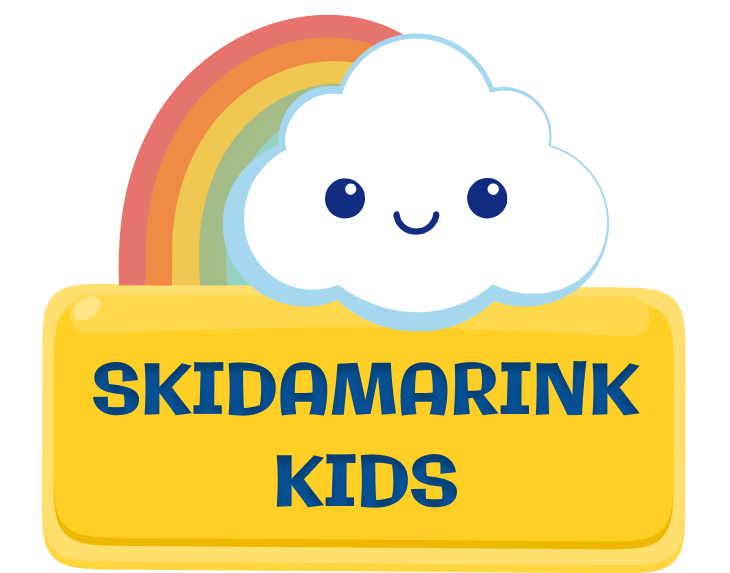The Importance of Nutrition for Child Development and Self-Regulation
As parents, we all want our kids to eat well so they can thrive and stay healthy. However, with busy lifestyles and constant temptation from processed snacks, encouraging children to make healthy choices—especially picky eaters—can be a real challenge.
Good nutrition is essential for every child’s physical, emotional, and cognitive growth. Children are constantly growing, and the foods they eat play a huge role in supporting their development. Providing and encouraging eating healthy food options—without forcing them to eat—can set the stage for healthier habits, increased focus, better emotional balance, and a stronger immune system. Here’s a closer look at how nutrition impacts children’s development and some tips to help support healthy eating at home.
How Nutrition Affects a Child’s Mood and Behavior
- Nutrient Quality in Foods: Today’s food crops may lack the same nutrient density as in the past, often due to soil depletion and the use of pesticides. Fewer nutrients can affect a child’s health and may impact their mood, energy levels, and ability to concentrate. Adding nutrient-dense foods into their diet can have a real impact on behavior and learning.
- Processed Foods and Additives: Processed foods are commonly packed with sugars, artificial dyes, unhealthy fats, and salt, which can have a negative impact on gut health which impacts a child’s behavior, cognition, immune system, and even digestion. Studies link these additives like preservatives and food dyes to hyperactivity, attention difficulties, and mood swings. Minimizing processed foods can be beneficial for better physical and mental well-being. Stick to fresh foods when possible and limited ingredient processed foods.
- Quality of Animal Products: Many animal products come from sources that use hormones, antibiotics, and nutrient-poor feed, which can diminish their nutritional value. When possible, choose grass-fed meats, pasture-grazed eggs, and organic dairy, as these sources tend to have higher-quality proteins and fats that support brain health and development.
Benefits of Whole, Fresh Foods:
- Focus on Fresh Foods: Fresh fruits, vegetables, and protein-rich foods are packed with vitamins and minerals essential for brain function, mood regulation, and energy levels. Whole foods also contain fiber, which supports digestion and can help stabilize blood sugar levels, reducing mood swings and fatigue.
- Hydration: Regular water intake helps improve mood, maintain energy levels, and support cognitive function. Encouraging your child to drink water throughout the day rather than sugary drinks can help them stay calm and focused.
- Protein-Rich Snacks: High-protein snacks such as cheese sticks, grilled chicken, peanut butter, hummus, or boiled eggs can help keep your child’s blood sugar stable, giving them sustained energy and supporting concentration.
Practical Tips to Encourage Healthy Eating:
- Read Labels Carefully: Choose foods with simple, recognizable ingredients. Avoid high-fructose corn syrup, artificial dyes, and preservatives where possible. Understanding food labels can help you make healthier choices for your family.
- Make Fresh Foods Fun: Get your child involved in picking out produce at the store or planting a few vegetables at home. Growing and selecting foods together builds interest in fresh fruits and vegetables, making them more likely to give new foods a try. Using coolie cutters and making a happy face using food is a fun and creative way to make food more appealing.
- Encourage Hands-On Food Prep: Let your child help wash vegetables, stir ingredients, or set the table. Giving kids small jobs around mealtime makes healthy eating fun and introduces them to a variety of tastes, textures, and colors in food.
- Support Hydration with Fun Choices: Encourage hydration by adding slices of fruit or a splash of natural fruit juice to water. This can make water more interesting to drink and increase hydration throughout the day.
- Work with Picky Eaters: Picky eating can be a normal part of development. See our Blogs on Picky Eaters, to find practical strategies to help increase your child’s acceptable foods. Keep introducing small amounts of different foods as it could take up to 30 exposures of a food before your child decides to eat it. Consider discussing nutritional concerns with your child’s doctor if you child has a very resistive diet and or is not gaining weight as expected.
Providing a balanced diet rich in fresh foods, whole grains, lean proteins, and vegetables can help support your child’s mood, physical health, and cognitive abilities. These healthy eating practices can set the foundation for lifelong habits that benefit their overall development.
Supporting Your Child’s Growth with Nutrition
While food challenges are a normal part of parenting, taking small steps to include more nutrient-dense options, involving your child in food choices, and creating positive eating experiences can go a long way in helping them develop a healthy relationship with food. A well-rounded diet is one of the best gifts you can give to support your child’s growth, resilience, and overall well-being!

